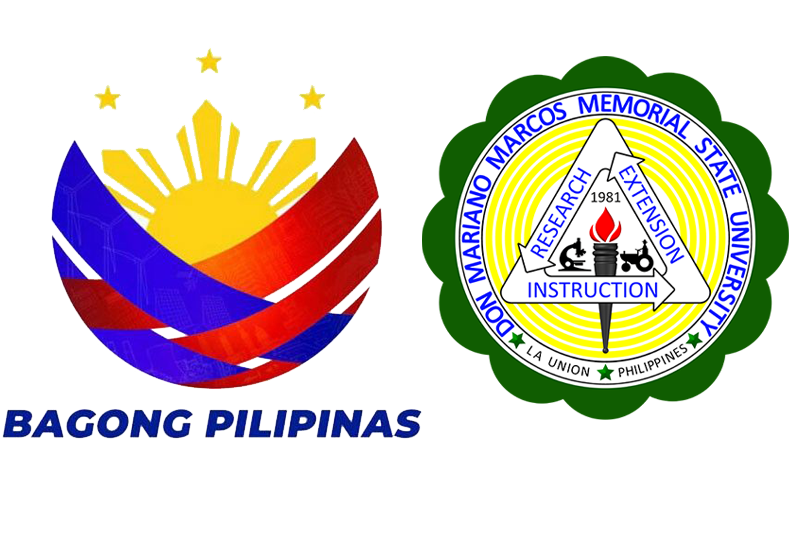Addressing the audience through the lens of the anniversary’s theme Envisioning a Future for All Through Glocal Sustainable Development, President Manuel underscored the role of DMMMSU in molding the country’s future leaders, professionals, and change agents.
He emphasized that DMMMSU’s 110 academic programs are “infused with interdisciplinary perspectives, encouraging our students to think critically about the interconnectedness of environmental, social, and economic systems, and that they cultivate a holistic understanding of the ‘glocal’ landscape and that they emphasize economic resilience, sustainable practices, environment conservation, peace, global citizenship, social responsibility, social equity, social justice, appreciation, and tolerance of diversity.“
He also mentioned DMMMSU’s research, innovation, and extension endeavors toward sustainable solutions for pressing issues. “The significance and relevance of these research studies, innovations, and extension programs can be seen in the various awards our researchers, innovators, and extension professionals have received at conferences and symposia. We established collaborations focused on sustainability. We have been incentivizing impactful projects that address glocal challenges,” he said.
Further, he cited DMMMSU’s commitment to biodiversity conservation by integrating natural ecosystems into the University designs, developing and maintaining green spaces to preserve local biodiversity, establishing botanical gardens and habitat restoration initiatives; and the existence of sustainable community development programs that involve students, faculty members, and staff, enabling them to contribute to community resilience.
Furthermore, President Manuel encouraged the audience to exercise futures thinking, “a cognitive process that allows us to envision multiple plausible futures that foster creativity, adaptability, and a proactive approach to change.” He mentioned scenario planning involving identifying critical uncertainties and creating narratives outlining a future the next generations can enjoy, backcasting where the steps and strategies needed to achieve sustainable aspirations are identified. In addition, he talked about delving beyond surface-level issues and exploring more profound layers of sustainability challenges, envisioning a regenerative future for the university and the glocal community where academic and operational practices contribute positively to the environment and the society.
He emphasized embracing a circular economy where waste is minimized, and resources are used in a closed-loop system. “We envision a University where materials are continuously recycled, repurposed, and reutilized,” he continued.
In addition, he encouraged the audience to envision a future where transdisciplinary collaboration becomes a norm, “where diverse perspectives converge to address complex sustainability challenges, where projects and initiatives seamlessly blend expertise from various fields.”
Finally, he reminded the audience about the power of collective imagination and cooperation.
“Together, let us be the architects who impact knowledge and exemplify the principles of sustainable development. Let us all be architects who actively engage in shaping sustainable and thriving futures for generations to come!” he concluded. (By Ayu)
